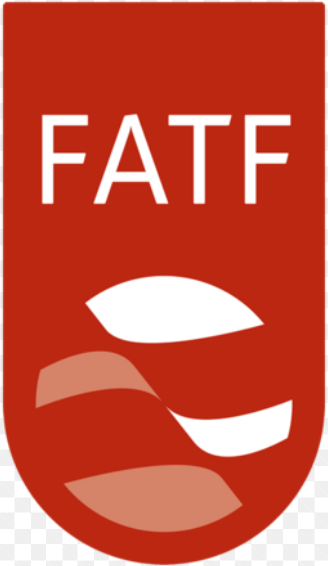March 26, 2021
 The Expediency Council says it will make a decision by April 20 on whether to allow Iran to adhere to the standards of the Financial Action Task Force (FATF), but in the meantime it is bothered because FATF has never said it would remove Iran from its blacklist if Iran came into compliance.
The Expediency Council says it will make a decision by April 20 on whether to allow Iran to adhere to the standards of the Financial Action Task Force (FATF), but in the meantime it is bothered because FATF has never said it would remove Iran from its blacklist if Iran came into compliance.
The FATF just had its latest plenary meeting in February. Iran did not raise this point and FATF did not even discuss Iran at that meeting. And there won’t be another FATF plenary before April.
What bothers the Expediency Council, according to its secretary, Mohsen Rezai, is what the FATF said in February 2020: “If Iran ratifies the Palermo and Terrorist Financing Conventions, in line with FATF standards, FATF will decide on next steps, including whether to suspend countermeasures.”
The naturally suspicious minds in the Iranian regime suspect that wording means FATF won’t end countermeasures that is, remove Iran from its blacklist but rather just make even more demands of the Islamic Republic. However, there are no more demands to be made. If Iran adopts the two conventions mentioned, it will have come fully in line with FATF’s banking standards.
The Rohani Administration is pushing hard for the Expediency Council to approve the FATF standards. It argues that the FATF standards are very much like the US banking restrictions. And, if the US lifts sanctions but Iran does not join FATF, Iran will still be in the same deep hole so far as doing business internationally.
FATF sets standards designed to protect banks from money laundering and abuse by terrorist organizations. No major bank in the world wants to do business with a country that does not adhere to FATF standards. The only countries on the FATF blacklist are Iran and North Korea.
The Rohani Administration accepted all the FATF demands. It instituted those it could and sent the other four to the Majlis. The Majlis approved all four. But the Council of Guardians disapproved two, vetoing Iranian membership in the Palermo and Terrorist Financing Conventions. The major hang-up was the fear that Iran’s support for HAMAS, Hezbollah and other such groups widely tabbed as terrorist would be ruled as violations of the FATF standards and put Iran back on the blacklist.
The Rohani Administration rejected that view and appealed the Council of Guardians veto to the Expediency Council, a body of three dozen senior luminaries of the regime who mediate disputes between the Majlis and Council of Guardians.
The Expediency Council just sat on the issue for more than a year. The allotted time was about to run out when Supreme Leader Ali Khamenehi extended the deadline for the Expediency Council to act signaling, to many, that he supports Iran joining FATF.




















